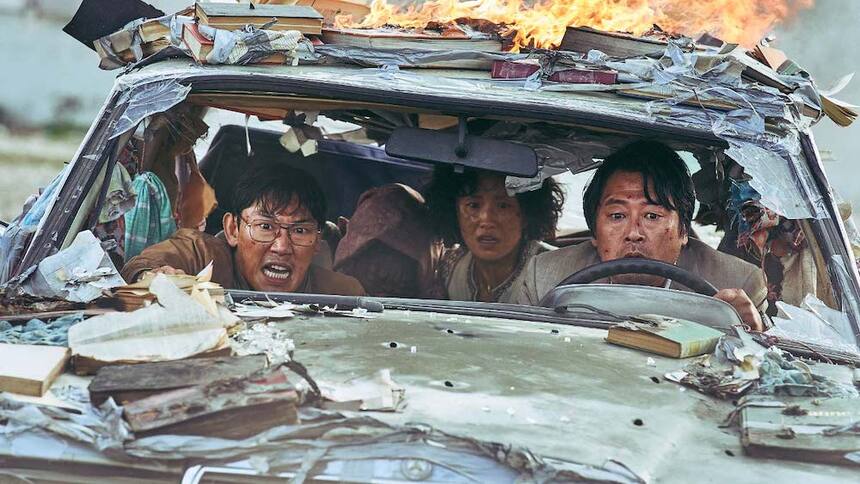|
Escape from Mogadishu could have easily chosen the reductive route taken by many films before it, exploiting complex historical events for the sake of constructing escapist entertainment at best, or jingoistic propaganda at worst. Instead, what the filmmakers manage with Escape from Mogadishu is a film imbued with a sense of hope about our shared humanism in times of conflict, traversing the familiar conception and expectations of visceral action and chaotic circumstances to deliver a rather pointed commentary of our shared humanity, one in which national identity or notions of community defined by the state apparatus are exposed for their absurdity in moments of life or death. Described as an action film really only for marketability, Escape from Mogadishu really takes its time in the beginning, elucidating the games at play in diplomacy and global politics that inevitably shape the lives of so many. The civil unrest in Somalia is the setting for this story but it also has thematic relevancy, as Escape from Mogadishu draws subtle comparisons between the civil war in Somalia with that of de-unified Korea, not directly in a political sense, but in a way that positions humanism as a trait that ultimately defies all abstract divisions we as humans construct. This is not to say that Escape from Mogadishu is astute in its commentary on Somalia, it certainly has no aspirations to do so, but it isn't exploitative either, certainly acknowledging the pejorative impact foreign nations had on Somalia and its people - sound familiar? - while simultaneously delivering effective melodramatics about strength in unity and the universal nature of empathy and its importance in times of chaos.
0 Comments
Leave a Reply. |
AuthorLove of all things cinema brought me here. Archives
June 2023
|

 RSS Feed
RSS Feed
